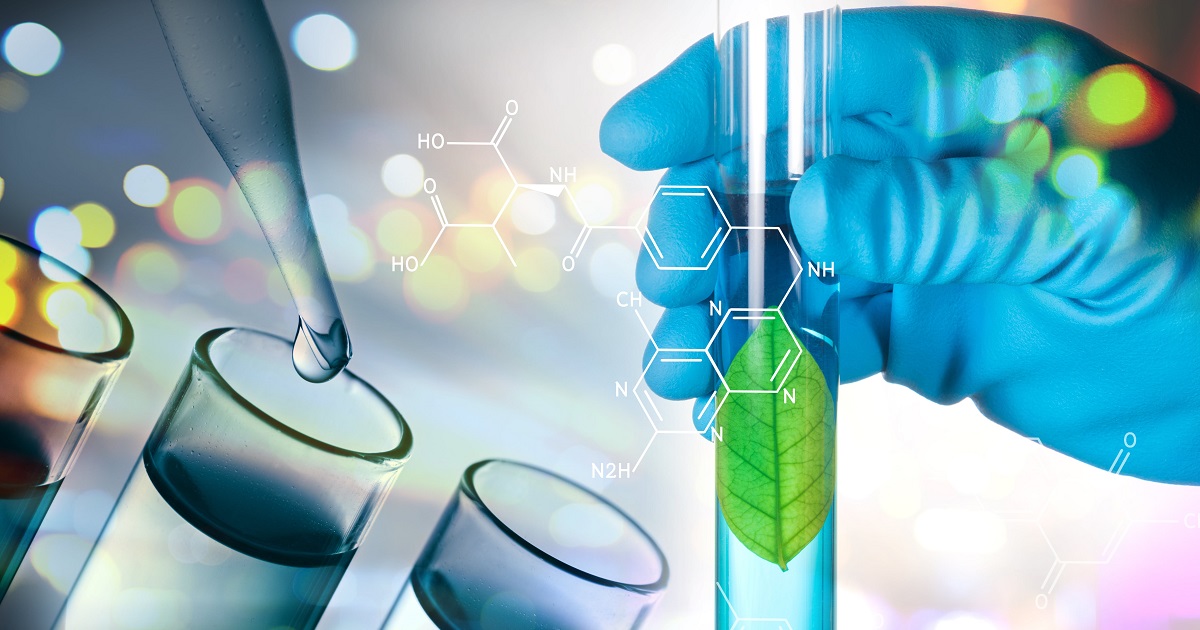IDTechEx Asks What the Technology Developments Are Pushing the Frontiers of Chemical Recycling
IDTechEx | December 12, 2022 | Read time: 03:00 min

Chemical recycling of plastic waste is gaining momentum. Headlines on investments, planned expansions, and real-world product launches are all accelerating in frequency and scale. Is this market now at a stage of implementation at scale, regulatory developments, and improving tracking & accounting methodologies, or are there still necessary technology developments?
In this article, IDTechEx explores the early-stage technologies for chemical recycling and assesses the players and likely commercial impact. For an independent analysis on the chemical recycling market, see the brand new IDTechEx market report, "Chemical Recycling and Dissolution of Plastics 2023-2033".
The concept of chemical recycling is taking an end-of-life plastic back to either its monomeric feedstock or further upstream to raw materials and allowing it to re-enter the value chain at virgin-grade quality, in theory, an infinite number of times. There remains a large amount of criticism of this space, particularly concerning the economic and environmental viability, with lobbying and activism groups very prominent on both sides of the debate. As with everything, the reality is more nuanced. Are these processes the perfect solution to all our sustainable polymer needs? No. Do they have no merits whatsoever, particularly in tackling a percentage of plastic waste that mechanical recycling cannot satisfy and would otherwise end up in landfill? Also no. Of course, the sustainability conversation is broader than simply focusing on chemical recycling, but this article will leave this debate to one side and focus on the current and emerging technical solutions.
One of the more notable technology developments in a related field is hydrothermal liquefaction. Here, supercritical water and a catalyst are used to break mixed polymers into long chain hydrocarbons. One of the reported advantages is the ability to tolerate lower quality mixed material feedstocks, specifically those with a higher proportion of PVC, which is a key problem in pyrolysis. As with pyrolysis, this is not new, but young companies are gaining significant momentum, the most notable being Licella. Through joint ventures and other engagements, the core technology from Licella has progressed to strategic partnerships and planned projects with the likes of Dow, Mitsubishi Chemical, and LG Chem.
Similarly, gasification is also not a new process and has been extensively deployed to remove municipal solid waste particularly in Japan. What is changing is the idea that syngas generated need not be used for on-site energy, but rather it can be purified and converted into longer chain hydrocarbons, methanol, or ethanol. With the ability to use MSW, gasification acts as the final option for any circularity before incineration. Players are exploring this. Enerkem is one of the more notable players, and their first commercial plant opened in 2014. As of late 2022, Enerkem has a further plant under construction for 2023, and two more are being planned. It should be noted that, as with pyrolysis, although the product can re-enter the supply chain, it often does not and is instead used as a fuel.
Although not discussed in this article, other processes should not be overlooked. This varies from developing polymers with dynamic bonds to facilitate the circular economy, to the secondary recycling process for the dissolution or purification of plastics. The latter is not chemical recycling but is a promising route to achieving higher-grade materials than other mechanical routes without needing to go so far back up the value chain. This is gaining commercial activity through the likes of Trinseo, Purecycle Technologies, APK, Polystyvert, and Worn Again; as with the other processes, many of the younger technology providers can boast partnerships with major companies across the plastic value chain.
As can be seen, there are lots of scientific developments and engineering challenges in this field that should not be overlooked amongst all the noise in this field. IDTechEx has launched a leading report on the topic, "Chemical Recycling and Dissolution of Plastics 2023-2033". IDTechEx are independent and have provided a comprehensive overview of the market, including interview-based player profiles, technology appraisals and 10-year market forecasts.
About IDTechEx
IDTechEx guides your strategic business decisions through its Research, Subscription and Consultancy products, helping you profit from emerging technologies.